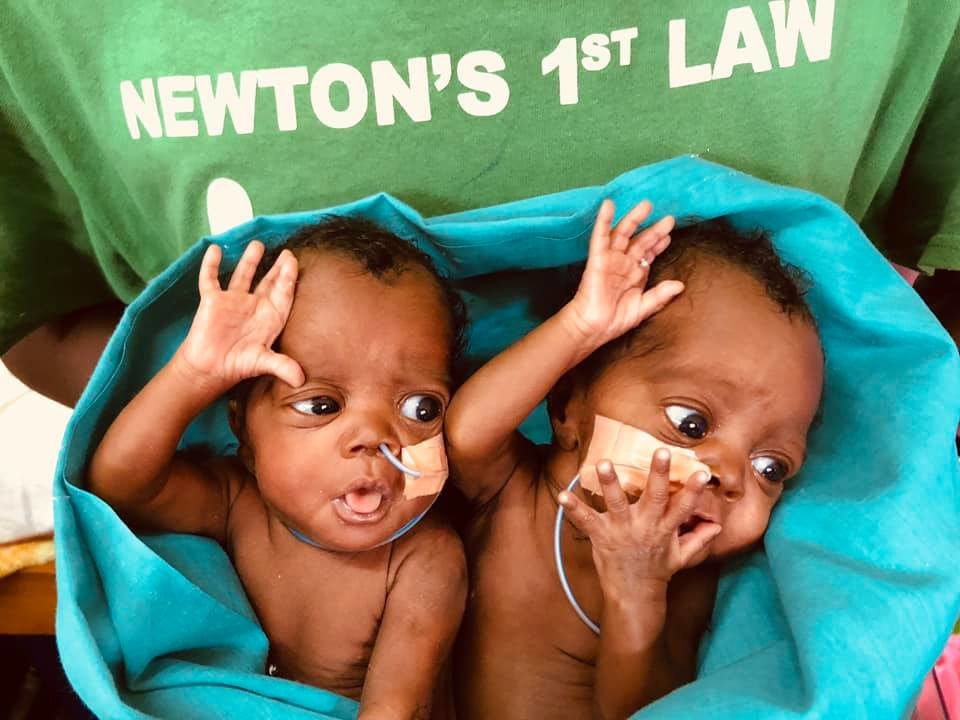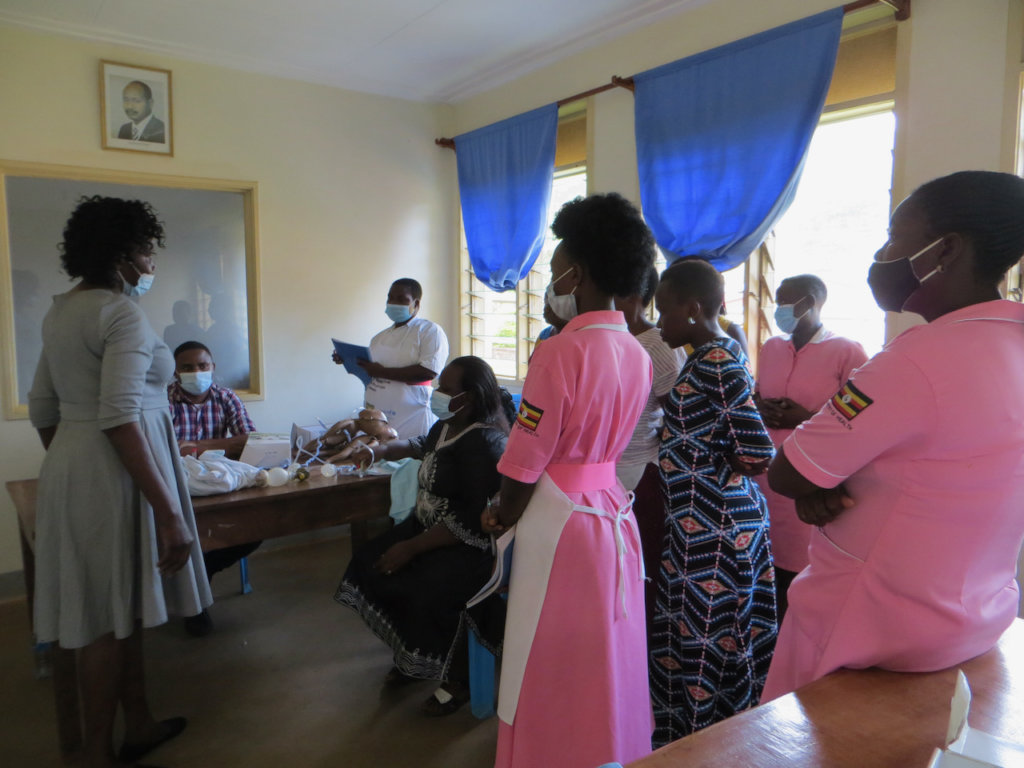Imagine that you are the mother of a tiny baby who has been born too sick or too small, in one of the poorest areas of the world. Your baby has been admitted to the only neonatal unit in the region and the team has asked you to express breastmilk to feed your little one. But you are far from home and none of your family members can bring you food. COVID-19 has led to complete lockdown, movement is severely restricted and the food that is available is now too expensive for you to buy. How will you eat enough food to have the strength to look after your newborn baby and how will you have the energy to produce enough breastmilk to feed her?
COVID-19 has been challenging for us all. Millions of people have been affected around the world. In Uganda, coronavirus itself has not infected many people and we are still lucky enough to have had no deaths. However the country has taken a strict approach to controlling the spread of the disease. All public transport was banned, special permission was needed from local officials to move in a private vehicle and only essential movement was allowed. The unintended consequence of this was huge difficulty getting to hospital.
Many staff walked for over an hour to reach their shift. Mothers in labour or their relatives who would normally travel on a motorcyle or in a public taxi to reach the hospital would have to queue for hours to get permission to move.
All our babies need breastmilk to survive and thrive. When they are too small and too sick we give it with a feeding tube or a cup and spoon. Born on the edge has always provided an extra meal a day for the preterm mothers and those struggling to survive in the neonatal unit. With COVID19 lockdown almost EVERYONE is suffering and we have been providing food for up to 30 mothers in the neonatal unit. Everyday, our neonatal assistant, Ruth, prepares the food for all our mothers to help them have the energy they need to care for their babies and express enough milk for them.
Our neonatal clinical trainers have been unable to travel to our surrounding district hospitals and health centres. Instead they have been hard at work in the neonatal unit in Mbale. We are incredibly lucky to have been able to welcome Juliet back who used to work for us full time. She started training as a doctor but has come back to work with us while the university is closed. During this time we have been working hard to increase the skills of our neonatal clinical officers teaching them how to use ultrasound to look inside a baby's head and identify medical problems.
With your support for our neonatal clinical trainers, we can continue to provide excellent clinical training to all our staff as we all struggle through this challenging period of a global pandemic.

